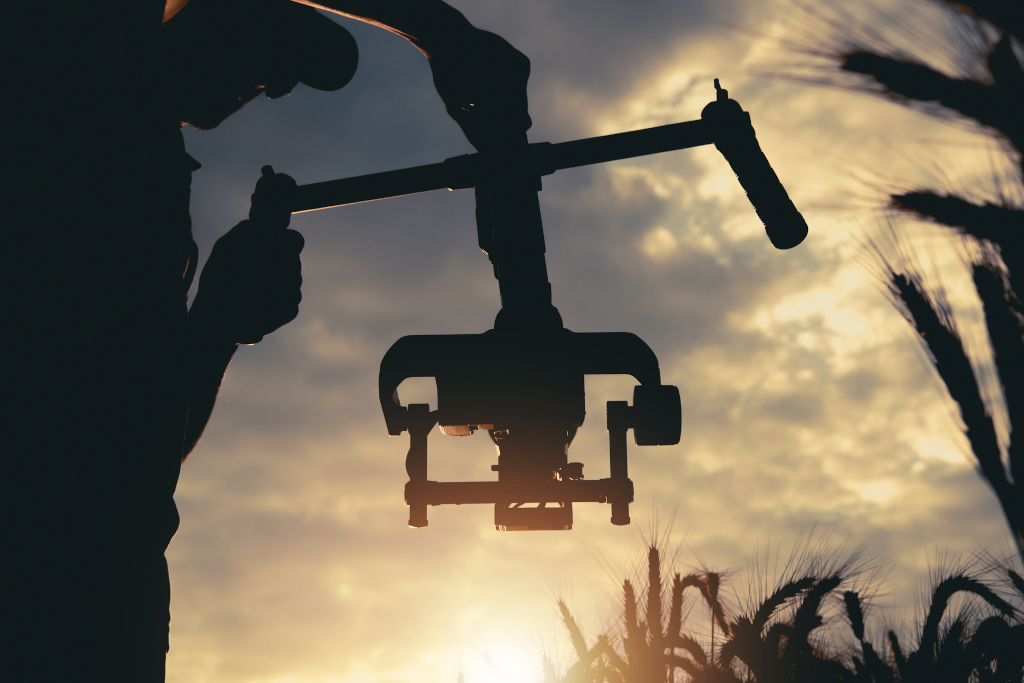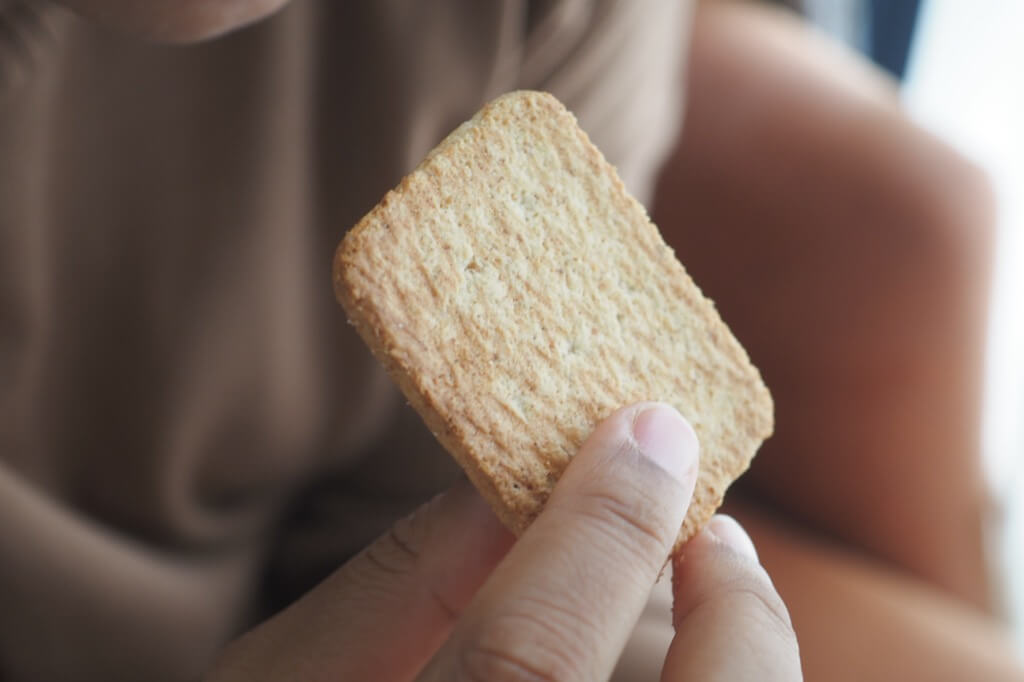We are honoured to have the opportunity to speak with Milisuthando Bongela, the director of the riveting first feature-length documentary “Milisuthando.” This narrative feature film is structured like a reflective essay, delving deep into the complex web of the protagonist’s family history, ancestry, and upbringing in post-apartheid South Africa. Come with us as we investigate the inspirations, artistic decisions, and revolutionary goals that led to the creation of this groundbreaking work.
Mandla Mkhize: Your documentary, Milisuthando, has been making waves ever since it debuted at the 2023 Sundance Film Festival. How would you characterise your film to South African audiences?
Bongela, Milisuthando: I appreciate it, Mandla Mkhize. “Milisuthando” is an authentically South African film, developed over the years to capture the essence of our culture and history. This is a reflective look at love and the common humanity we all share. Beyond the township narrative commonly associated with Blackness and apartheid, I wanted to give a reference point for the presence of my home country in the public conversation.
Mandla Mkhize: Your movie is put together in a very interesting collage style. What inspired these decisions in your work?
We purposefully abandoned dry language in favour of the cinematic medium’s inherent poetics. Our goal in combining visuals with audio was to make the audience feel something and encourage them to draw their conclusions. We used associative editing to pair up related images so that viewers may go further into their thoughts. Whether through visual or aural means, beauty has the power to captivate an audience and convey a message, especially when dealing with difficult subject matter. Since most of us tend to avoid confronting unpleasant realities, we set out to design a place where people might come and reflect quietly.
Mandla Mkhize: The importance of films in African storytelling is something else your film touches on. I was hoping you might elaborate.
Milisuthando Bongela: Black people in Africa have often been depicted in film as passive subjects, rather than active participants in the creation of their own stories. In response to this dynamic, “Milisuthando” encourages members of the Black community to use filmmaking tools to tell their own experiences. By doing so, we are challenging the long-standing trend of underrepresentation and reclaiming our voices.
Mandla Mkhize: The success of your documentary relied heavily on teamwork. How did you collaborate with people like your high school pals?
Milisuthando Bongela: Being the first generation of black students to attend predominantly white schools brought us closer together. About ten of my closest friends and I conducted in-depth interviews during which we discussed a wide range of topics, some of which may have seemed unimportant at first. We discussed issues of social status, intellectual prowess, cultural nuances, and the subtle wounds to our identities that result from these factors. The interviews were performed in pairs to ensure that each participant had an attentive and complicit partner. Real change can only come from having frank dialogues across racial and cultural barriers, therefore we set out to do just that.
Mandla Mkhize: A catalyst for change, “Milisuthando” seems to be just that. What do you want people to take away from your presentations?
Milisuthando Bongela: I want the people who watch my films to be filled with an overwhelming sense of appreciation for the extraordinary period in which they find themselves living. White supremacy, capitalism, and patriarchy have thrown the globe into chaos. First, we must comprehend these repressive frameworks to break them down. Traditional practices are no longer beneficial to society or even their creators. We are entering a new epoch that calls for valuing feminine modes of action, appreciating the expertise of underrepresented groups, and reimagining a world based on mutual regard and acceptance. To combat fascism, I pray that “Milisuthando” encourages people to forge meaningful bonds with one another.
The extraordinary documentary “Milisuthando” encourages the people of South Africa to go on a shared quest for growth and change. This film pushes the envelope of traditional storytelling while also introducing new elements to the South African film canon thanks to its expansive subject matter and groundbreaking use of audiovisual language. The depth of Milisuthando Bongela’s investigation into identity and the efficacy of conversation provides South Africans with an opening to bring people together and create a more accepting and compassionate society. As this documentary continues to enthrall viewers all across the world, it serves as a potent reminder that cooperation and mutual understanding are essential to building a better tomorrow.
About the Author: Mandla Mkhize is a seasoned entertainment journalist based in Johannesburg, South Africa. Known for his sharp insights and a keen eye for detail, Mandla has spent over a decade reporting on music, film, and pop culture. His passion for delivering captivating stories keeps readers on the edge of their seats.




